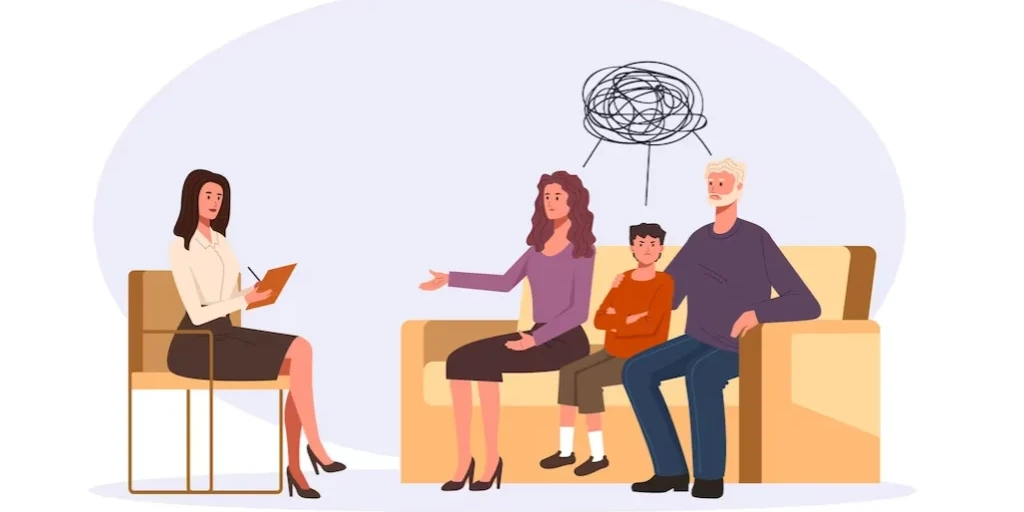24/7 Helpline:
(866) 899-221924/7 Helpline:
(866) 899-2219
Learn more about Depression Treatment centers in Smithfield
Depression Treatment in Other Cities

Other Insurance Options

Sliding scale payment assistance
Beacon

Highmark

UnitedHealth Group

Choice Care Network

Multiplan

Optum

ComPsych

Group Health Incorporated

MVP Healthcare

Aetna

Ambetter

BHS | Behavioral Health Systems

Sutter

Excellus

GEHA

Horizon Healthcare Service

Magellan Health

Optima

PHCS Network

























































































































































































































































































